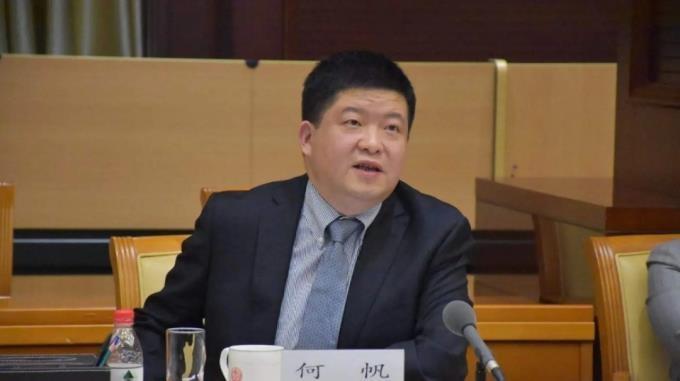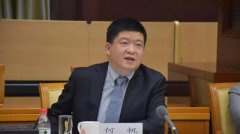Recently, the update information of the "Trial Management Office" column of the Supreme People's Court's official website shows that He Fan has served as director of the Supreme Law Trial Management Office.
The office is mainly responsible for the process management and quality evaluation of the Supreme People's Court's acceptance of the case, supervising and inspecting the implementation of statutory trials, supervising important cases, and undertaking the work management of the trial committee's affairs, judicial disclosure, and summary of trial experience.
Earlier June 28, the Tenth Meeting of the Standing Committee of the Fourteenth National People's Congress approved the appointed Judge of the Supreme People's Court.

He Fan Data Map
Public information shows that He Fan, born in January 1978 in Xiangyang City, Hubei Province, graduated from Wuhan University Law School and Renmin University of China Law School.He used to be the director of the Planning Division of the Office of the Leading Group of the Supreme People's Court.
He Fan has long been engaged in the research, planning and draft planning of judicial reform. It is the fourth five-year reform outline of the people's court (2014-2018) the Supreme People's Court on the Supreme People's Court on regulating the trial business relationship between the upper and lower people's courts.The main drafts of the people's court on the construction of the three major platforms of judicial disclosure.
In addition, He Fan also translated the work of legal and political themes, with monographs and translations.The scale of the translation of officials who criticize officials: Judge of the Supreme Court of the United States can do what the judge can do for democracy for the rule of law.
In addition to the basic ideas of criminal legal monographs in the trial of criminal law published in 2007, he also published a notes in judicial observation of U.S. Judicial Observation in 2010, and made a comprehensive revision in 2016 and made a comprehensive revision in 2016Newly added 200,000 words, which is equivalent to rewriting another new book.




